- School District of Beloit
- 6th Grade - Social Studies
6th Grade - Social Studies
-
The School District of Beloit social studies educators are dedicated to working collaboratively to teach a vertically, WI standards-aligned curriculum that is intentionally designed to be rigorous and engaging, using multiple perspectives and authentic learning experiences that build student confidence and curiosity, resulting in their ability to critically analyze their world while providing them with the skills and desire to make their world a better place.
6th Grade Social Studies Units
-
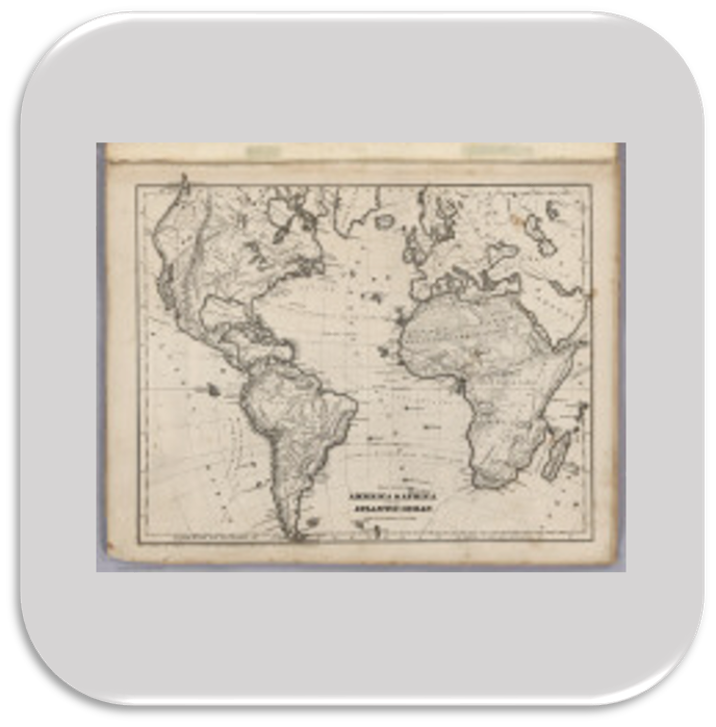
Unit 1 - Themes of Geography
Students will learn about the themes of geography. They will also study the following: economic systems, geography (political, physical, etc.), history, and political systems.
-
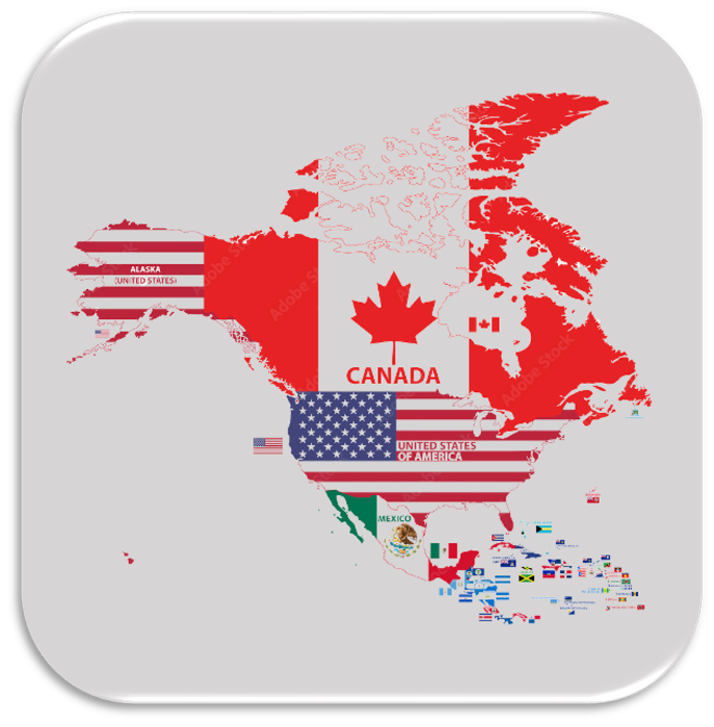
Unit 2 - North America
Students will study the following: economic systems, geography (political, physical, etc.), history, and political systems. They will also learn about current challenges facing the region.
-
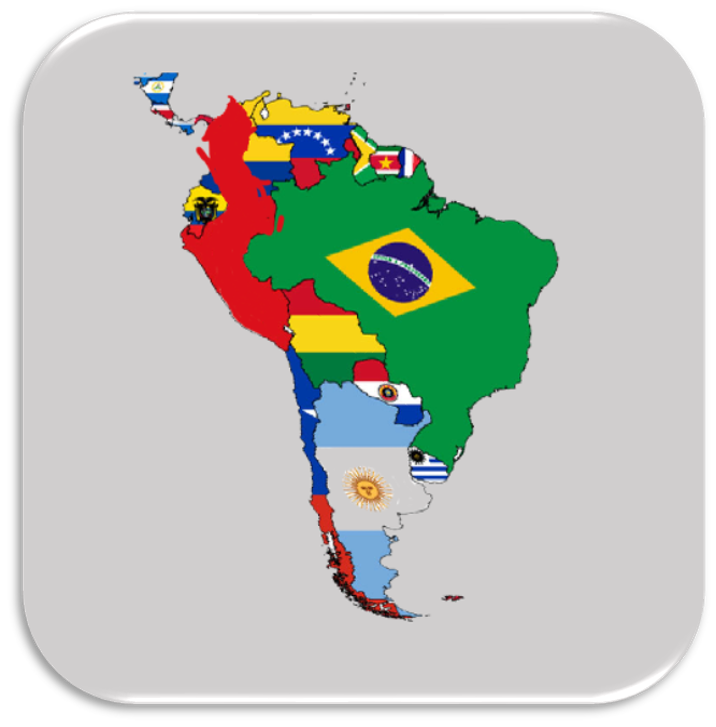
Unit 3 - South America
Students will study the following: economic systems, geography (political, physical, etc.), history, and political systems. They will also learn about current challenges facing the region.
-
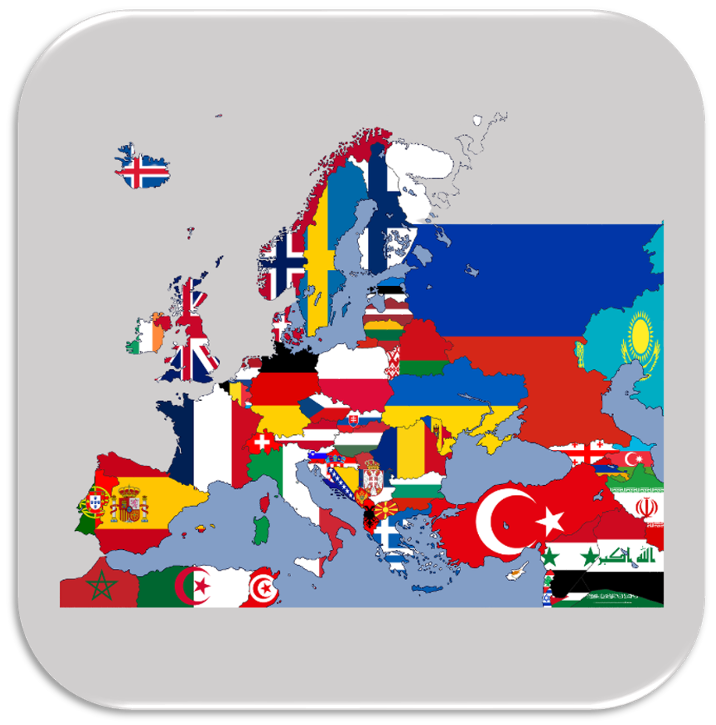
Unit 4 - Europe
Students will study the following: economic systems, geography (political, physical, etc.), history, and political systems. They will also learn about current challenges facing the region.
-
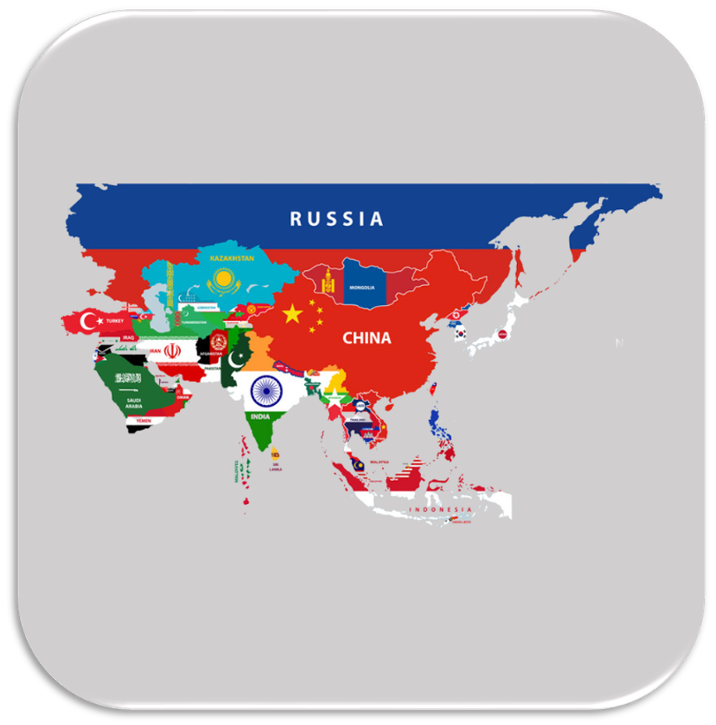
Unit 5 - Russia and Central Asia
Students will study the following: economic systems, geography (political, physical, etc.), history, and political systems. They will also learn about current challenges facing the region.
By the end of 6th Grade, students will...
-
- use geographic tools and ways of thinking to analyze the world.
- analyze human movement and population patterns.
- investigate and interpret interactions between individuals and groups.
- assess the role that human behavior and cultures play in the development of social endeavors.
- examine the progression of specific forms of technology and their influence on various societies.
- evaluate government decisions and their impact on individuals, businesses, markets, and resources.
- connect past events, people, and ideas to the present; use different perspectives to draw conclusions; and suggest current implications.
- examine and interpret rights, privileges, and responsibilities in society.
- examine the impact of global interconnections and relationships.
- use economic reasoning to understand issues.
- analyze how an economy functions as a whole.
- analyze and evaluate the powers and processes of political and civic institutions.
- develop and employ skills for civic literacy.
- evaluate the relationship between humans and the environment.
- use historical evidence for determining cause and effect.
- develop and employ skills for civic literacy.

